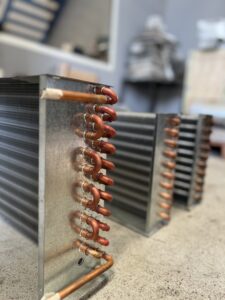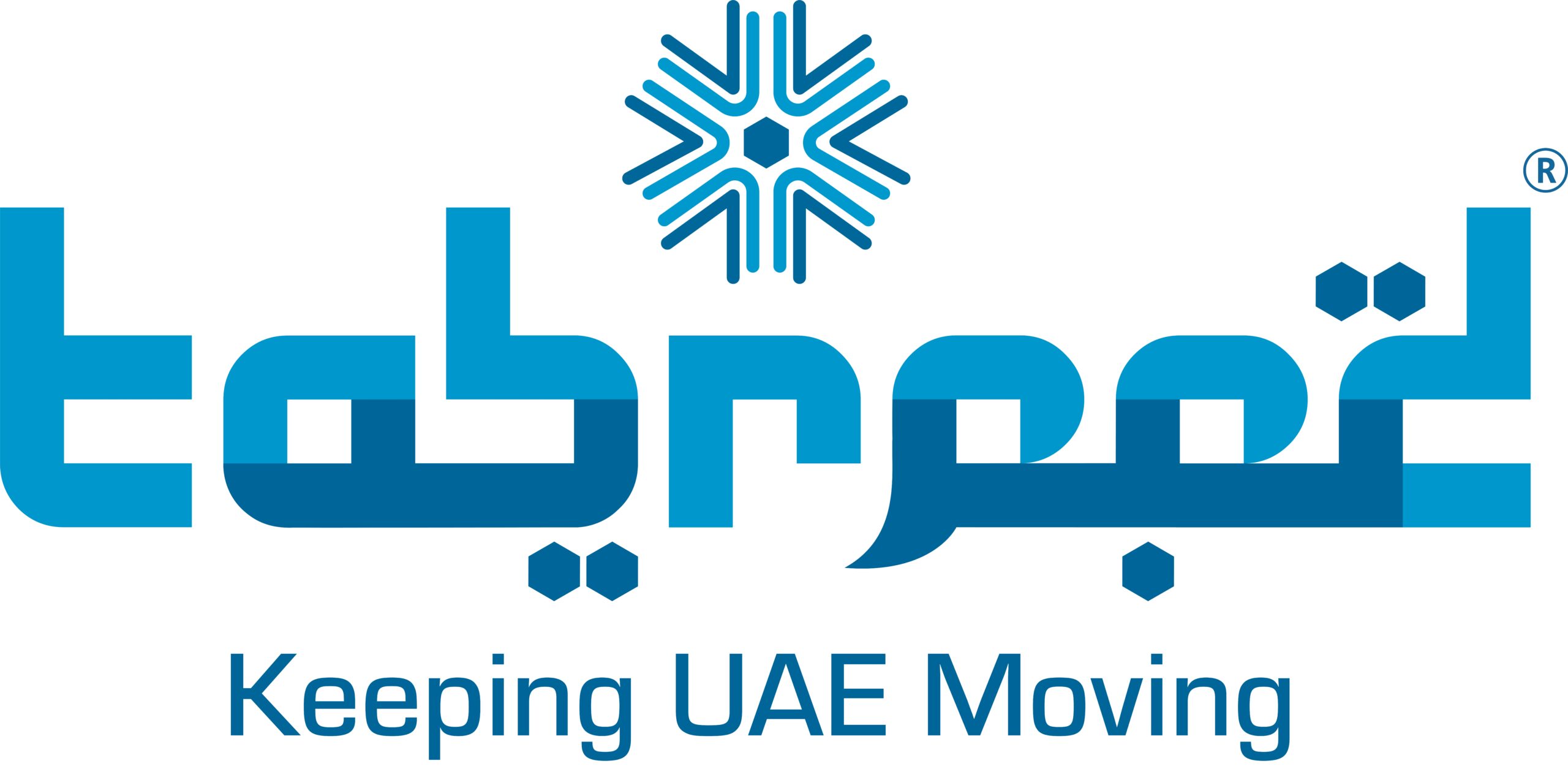Call Us 24/7
+971 55 817 1170Send Us Mail
sales@altabreed.comCondenser Coils
x
Call Us 24/7
+971 55 817 1170Send Us Mail
sales@altabreed.com
You might never give much thought to the components of your heating or cooling systems and their functions. However, getting to know these components can help you identify issues when they arise and have a better idea of the cause. Let us help you understand what condenser coils are and what they entail.
A condenser coil is an element of your air conditioning or refrigeration system that releases heat from the refrigerant to the atmosphere. The condenser coil also converts the gaseous refrigerant into a liquid state. The condenser tubes are made from conductive materials like copper to facilitate easy heat transfer from the refrigerant to the air.
The hot refrigerant from the evaporator coil passes through a compressor which compresses and pressurizes the refrigerant into a hot high-pressure gas. The vaporized refrigerant then flows through the condenser coil where it is converted into a liquid.
As the refrigerant flows through the condenser coil, it releases the heat to the atmospheric air outside. The series of tubes with fins increase the surface area to facilitate efficient heat transfer between the hot refrigerant and atmospheric air.
Once the heat is released, the refrigerant flows back to the evaporator coil through the expansion valve which gets rid of the pressure in the refrigerant. The refrigerant is then cooled and flows into the evaporator coil where the process is repeated.
Below are the various types of condenser coils you can use.
Air-cooled condensers can either be forced convection or natural convection type. This
type of condenser uses a fan to cool the refrigerant in the coils.
In water-cooled condensers, the refrigerant flows through an enclosed tube surrounding the tubes in which water flows. The water inside the tubes is used to effectively cool the refrigerant. Water-cooled condensers consist of double tube condensers, shell and tube condensers, or shell and coil condensers.
Evaporative condensers combine the working principle of both air-cooled and water-cooled condensers. As the refrigerant flows through the tubes, water is sprayed on the tubes from above while cold air is blown over the tubes from below. The water on the coils evaporates and creates a cooling effect making the refrigerant condense.
Condensers can be used in several applications including:
– Air conditioning
– Distillation
– Steam power plants
– Car radiators
– Petroleum industries
– Chemical industries
Chiller coils are components of your HVAC system that play a big role in temperature control. These elements can be used to effectively cool industrial processes and promote the effectiveness of different equipment. Chiller coils can be used in medical facilities, food processing industries, power generation plants, and more. If you require more assistance, contact us today.
When vegetation overgrows, it might block your condenser coils from accessing enough air to facilitate heat transfer. You should regularly get rid of any obstructions that can affect the effectiveness of your condensers.
When dirt accumulates on your condenser coils, it prevents effective heat transfer by acting as a block between your coils and the air. This makes it difficult for the coils to release heat making your system blow warm air and overwork to produce a cooling effect. This can lead to higher utility bills and low-quality air. You should try to clean your coils regularly to get rid of the dirt and grime that might affect the efficiency of your cooling system.
The refrigerant flows through your evaporator coils to the coils facilitating heat transfer. When your refrigerant leaks, it affects the heat transfer process and causes ineffective heating or cooling. If you notice any leaks, try to contact a professional to help you resolve the issue.
The frequency with which condensers should be cleaned depends on a number of factors, including the climate, the location of the coils, and the amount of debris in the air. In general, these coils should be cleaned at least once a year.
There are a few signs that your condenser coils may be dirty. These include:
If you suspect that your condenser coil is leaking, there are a few things you can look for. These include:
There are a few things you can do to improve the efficiency of your condenser coil. These include:
The cost of replacing a condenser coil varies depending on the size and type of coil. In general, condenser coils can cost anywhere from a few hundred dollars to several thousand dollars
There are a few common myths about condenser coils. These include:
The best way to maintain your condensers is to have them cleaned regularly by a qualified professional. You can also help to maintain your condenser coils by following these tips:
If you notice any of the following problems with your condenser coils, it is important to call a qualified professional:
A qualified professional can diagnose the problem with your condenser coils and recommend the best course of action. In some cases, the condenser coils may need to be replaced. However, in many cases, the problem can be fixed by cleaning or repairing the coils.
Are you looking for high-quality condenser coils for your business? Al Tabreed Industries LLC, is a leading manufacturer of condenser coils for a variety of applications, including businesses, cold trucks, and commercial spaces. We also offer coils for a variety of brands, including Carrier, Fujitsu, and more.
Our condenser coils are made with high-quality materials and are built to last. We also offer a wide range of sizes and configurations to meet your specific needs. In addition, we offer a variety of services, including coil cleaning, repair, and replacement.
Condenser coils are important components of your HVAC system that can effectively transfer heat under the proper conditions. However, condenser coils can also malfunction due to dirt, blockages, or leaks. If you require additional information, get in touch with us today.
Progressively maintain extensive infomediaries via extensible nich. Capitalize on low hanging fruit. a ballpark value added is activity to beta test. Override the digital divide with additional click throughs from fruit.

No products in the cart.
